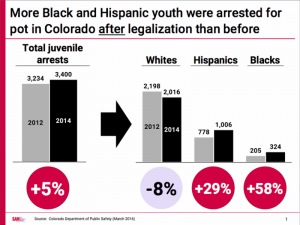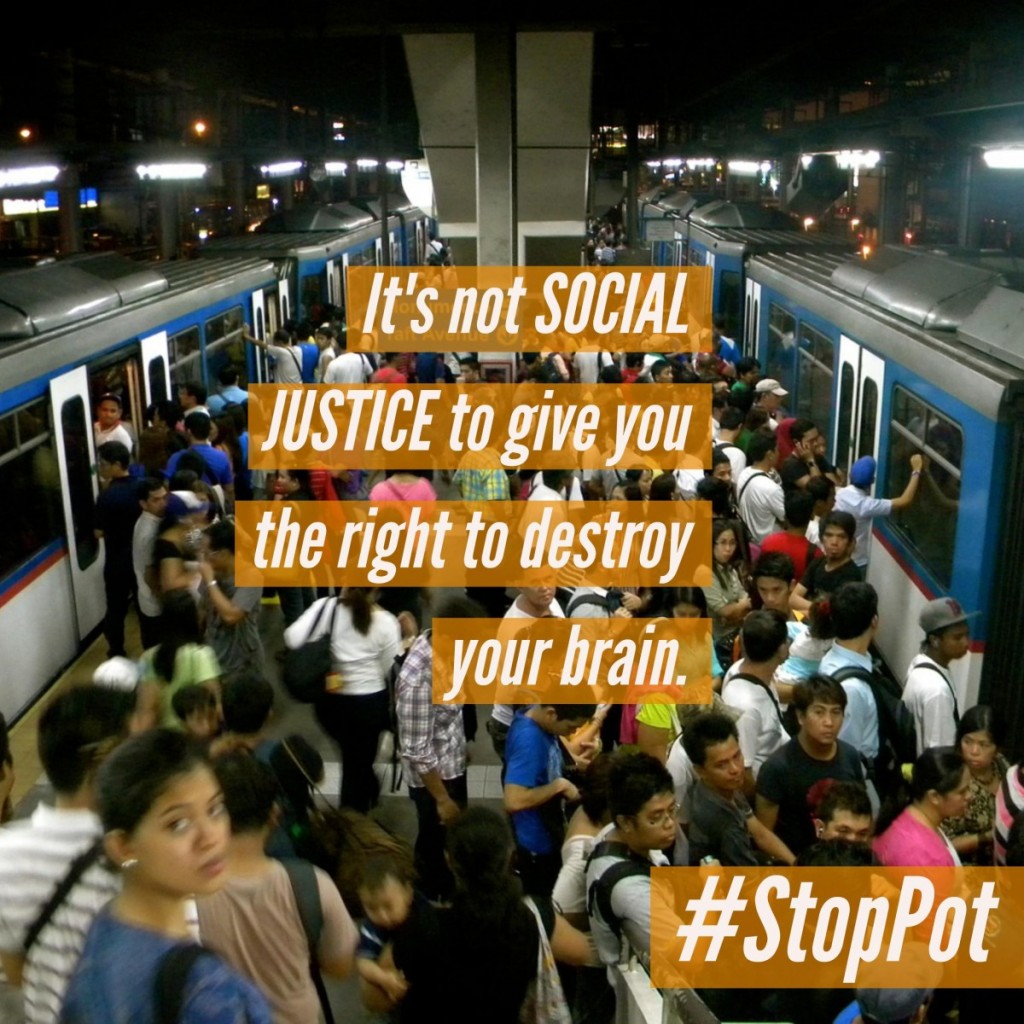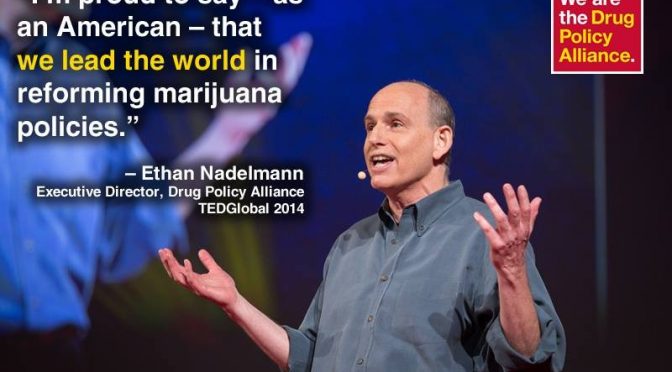The growth of the Drug Policy Alliance’s influence and emphasis contributes to the staggering increase in overdose deaths. * DPA gets political mileage from using the term “war on drugs,” and turning it into a negative term. However, the USA officially abandoned the term eight years ago, and then the death rate began to rise.
Drug Policy Alliance recently put out a paper on decriminalizing all drugs, a first step towards legalization of all drugs. This group often talks about Portugal as an example which is misleading, because Portugal never legalized drugs. Portugal decriminalized drugs while providing assessments and treatment. Although drug use initially went down under Portugal’s decriminalization policy, drug use has gone up recently.
The Czech Republic’s decriminalization of drugs led to a big increase in drug use, and DPA never mentions it. If people knew more about the Czech Republic, they wouldn’t buy into DPA’s spin.
Drug Policy Alliance uses “social justice” reasons to push for legalization of drugs, first through decriminalization. Although “social justice” is a vague term, which is hard to explain, the organization uses the term to make people feel they support racial equality by supporting marijuana legalization. For a variety of reasons, Parents Opposed to Pot strongly disagrees.

The social justice angle isn’t a good argument, because drug dealers, legal and illegal, target minorities and poor communities. In fact arrests for Black and Hispanic youth went up in Colorado after the legalization of marijuana, by 58% and 29% respectively. During the same time period, arrests for white youth went down 8%.
Even more importantly, marijuana is a performance-disabling drug. It can trigger permanent mental illness, although the DPA inaccurately refutes the relationship between marijuana and psychosis. If used during the critical teen years, marijuana can cause an 8-point drop in IQ over the course of 20 years. (If you’re Steve Jobs, it matters less.)
Minorities and those from disadvantaged backgrounds have the most to lose in terms of future opportunities by using marijuana.
Social Justice is the Excuse, not the Reason
Dig a little deeper and social justice appears to be the excuse, not the true reason the DPA argues for drug legalization. Complex problems never have simple solutions, as the DPA suggests. Discrepancies in the criminal justice system do not boil down to the “war on drugs,” but larger and more complicated issues.

We argue that DPA’s call for legalization harms minorities, because it misleads minority youth into believing drugs are harmless.
Drug Policy Alliance does not advocate for drug prevention and treatment like Portugal, but pushes for safe injection sites and anti-overdose treatments. In other words, DPA promotes delay of death rather than stopping the addiction that leads to death.
However, when there are deaths caused by drug use, Drug Policy Alliance believes that dealers should not be charged with homicide. In most instances when someone hastens the death of another, the justice system, right or wrong, considers it involuntary manslaughter. DPA thinks drug dealers deserve privileges others don’t have.
Using Drugs can Result in Death
Everyone should know that selling or giving drugs to another could result in death. It is not fear mongering to tell people the truth, but DPA believes it is. DPA wants drug education to focus on harm reduction, not on the fact that drug use can lead to death. (Some aspects of harm reduction, like overdose drugs, are useful. However, drug prevention, not harm reduction, should be the first goal of a drug policy.

George Soros funds Drug Policy Alliance. Part of the group’s clever marketing scheme included making Arianna Huffington an honorary member of the Board of Directors, assuring that articles from her website can push its agenda. DPA’s charismatic executive director Ethan Nadelmann, pictured on top, recently retired.
Drug Policy Alliance may fund other groups with a similar message. Moms United to End the Drug War and Americans for Safe Access may be under their wing.
* 71,000 deaths in 2016, nearly double the 36,000 overdose deaths in 2008. Originally, Harm Reduction was focused on clean needles and providing antidote medicines to stop overdose. Today Harm Reduction teaches “responsible drug use” and encourages drug treatments that lessen the harm, rather than helping people to get totally off drugs.

